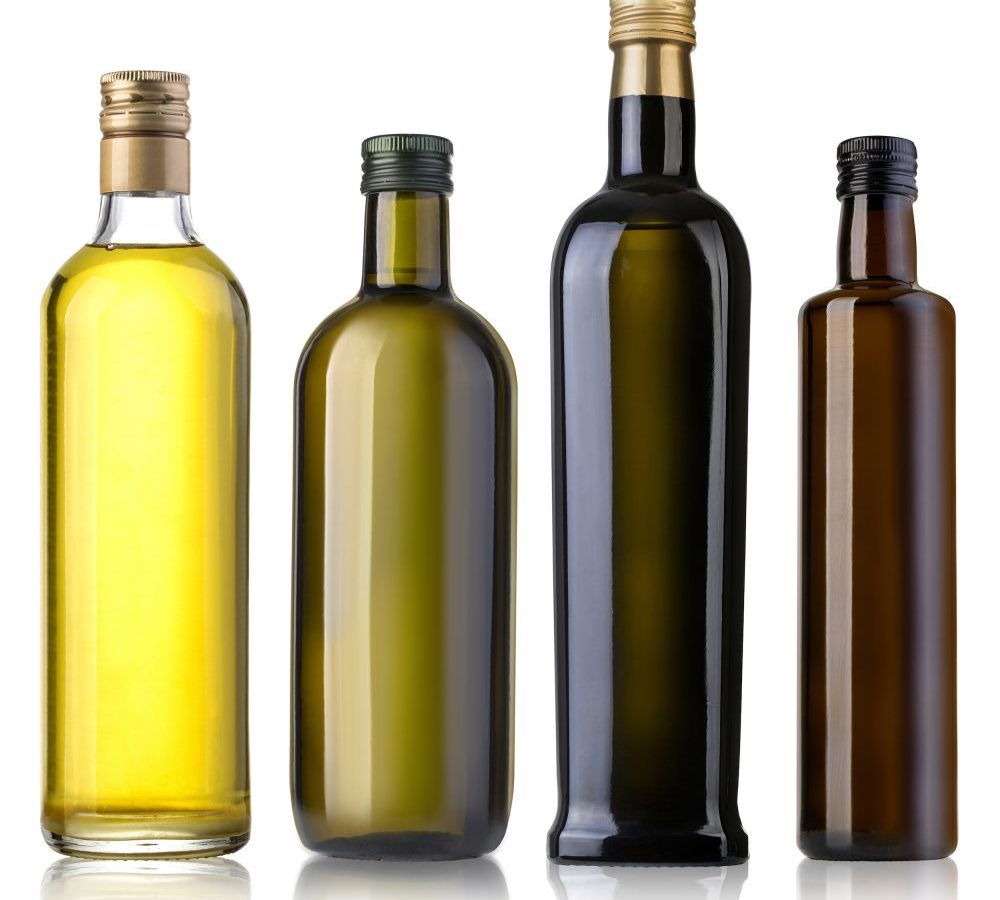
Is Rancid Olive Oil Getting in the Way of Healthy Eating?
Extra virgin olive oil enhances flavors and makes your favorite recipes even more delicious. Unless, of course, it’s rancid.
Calling something rancid sounds pretty gut-wrenching, but chances are you probably don’t know how to identify bad olive oil if it’s sitting in front of you. We are ready to change that. Here’s what you should know about rancid extra virgin olive oil.
What does “rancid” mean?
Rancidity occurs when there’s a breakdown of fatty acids in the oil due to oxidation. Different environmental factors can accelerate oxidation, such as exposure to air, UV light and warm temperatures. “Good producers of oils, and in particular olive oil, will try and minimize those exposures,” explains Paul Miller, a well-known olive oil expert based in Melbourne and former president of the Australian Olive Association. “Now, in any oil extraction process there has to be air, but the idea is once you have the oil, you minimize its exposure to oxygen.”
How do I avoid rancid olive oil at the store?
It can be hard to tell if a bottle of olive oil sitting on your grocery store shelf is rancid without opening the cap and smelling it. Colored olive oil bottles are good, because that tint helps keep out light. According to Miller, one indicator of rancidity would be oils in clear bottles that are going brown. These have likely been sitting on the shelf for a long time.
Before you make your purchase, be sure to check the “best before” date on the bottle. Pick one that allows for adequate time in the future for you to consume it.
Once home, how can I tell if the oil is rancid?
The first thing you should do once you’ve purchased your extra virgin olive oil is sniff it. A good extra virgin olive oil will have a fruit or vegetable scent, with hints of olive and perhaps even a grassy aroma. It will smell fresh and clean. A rancid olive oil, however, retains a waxy smell, like a crayon, putty or even old walnuts.
The next step to identifying rancid oil is tasting it. You should always taste your extra virgin olive oil before using it to cook or add flavor to a dish. Rancid oil, according to Miller, will taste stale and fatty. It may also be brown in color when you first pour it.
If you learn that you have a rancid bottle of oil, take it back to the store and let the manager know.
Does rancid oil still have health benefits?
Consuming rancid oil isn’t dangerous to your health; however, it does not contain the health benefits you’d find in quality extra virgin olive oil. Oxidation naturally occurs in our bodies, and the antioxidants found in extra virgin olive oil can help protect against certain diseases and even aging. Rancid olive oil contains few antioxidants, as they are removed through the oxidation process.
According to Miller, the bigger problem with rancid oil lies in the taste. “The oil loses its ability to transform the flavors of the food it’s used with, and this has culinary and nutritional implications.”
How does the taste of inferior oil impact nutrition? Well, if you drizzle rancid oil on fresh ingredients like vegetables and fish, you may ultimately reject those foods and then reach for less-healthy options. “It’s easier to stick with the healthy diet because high-quality oil makes the food taste more delicious,” says Miller.
The value of fresh, superior flavor is not to be underestimated. “If you get it right, the culinary possibilities that come with good olive oil are limitless,” says Miller.

